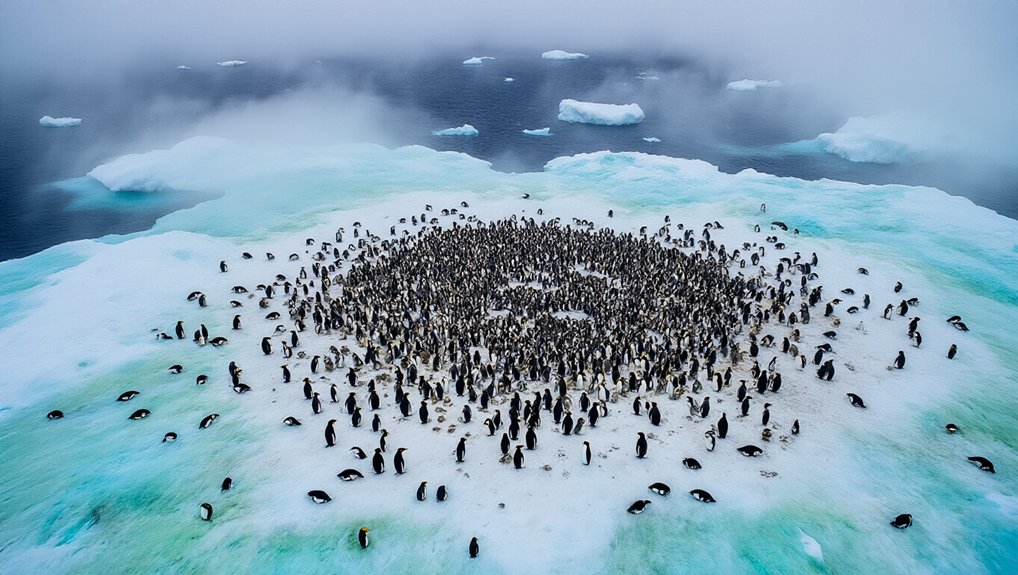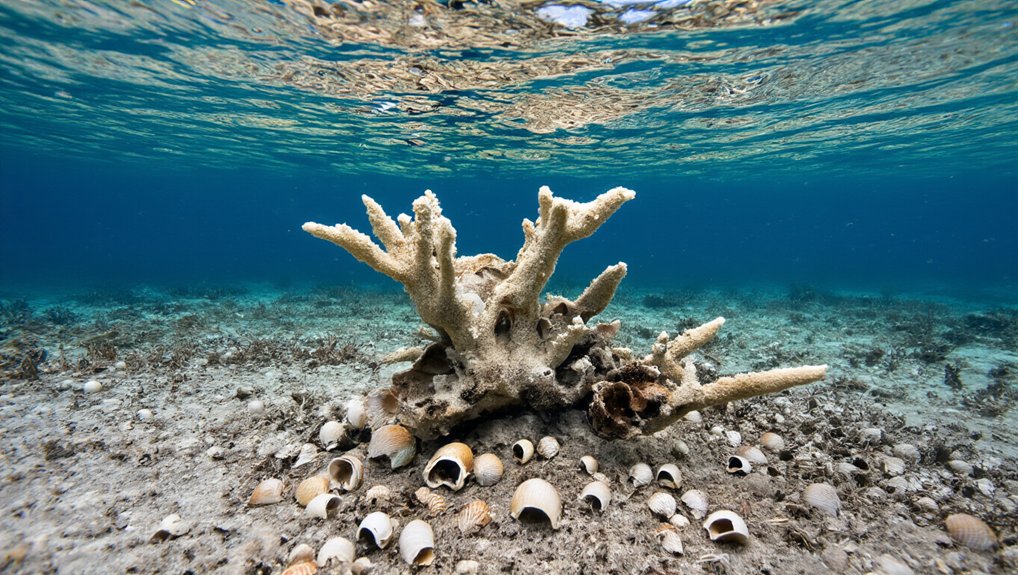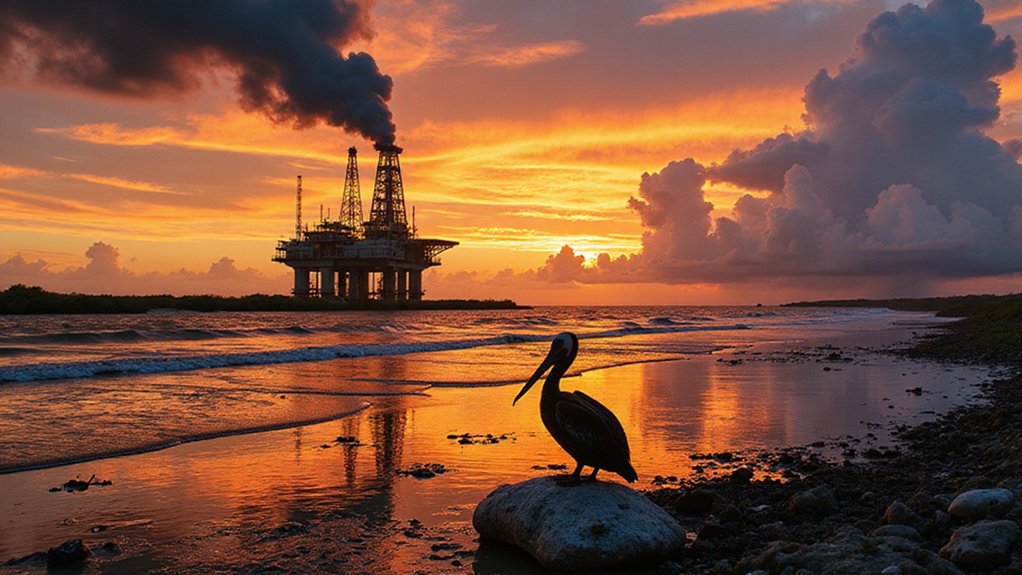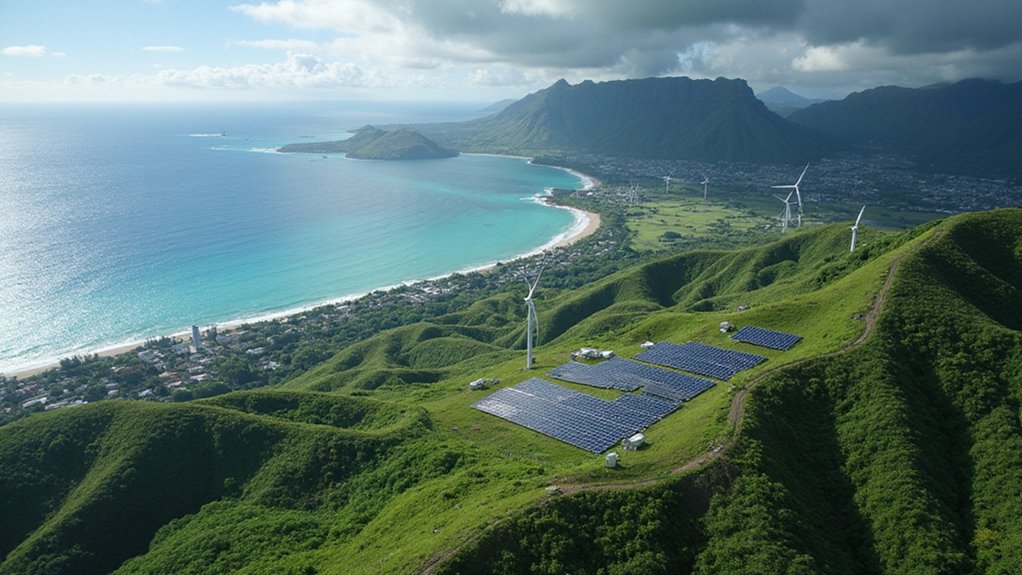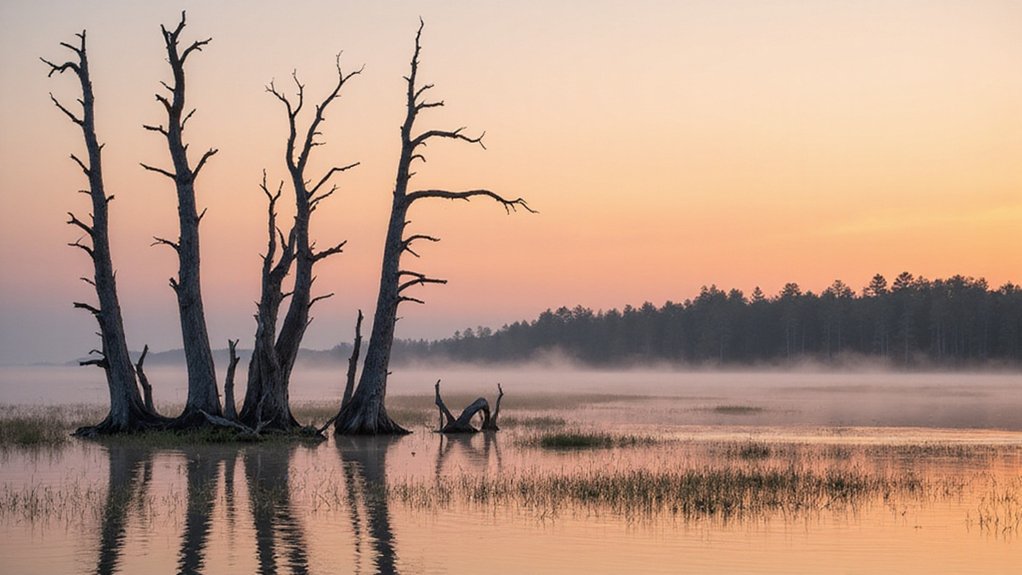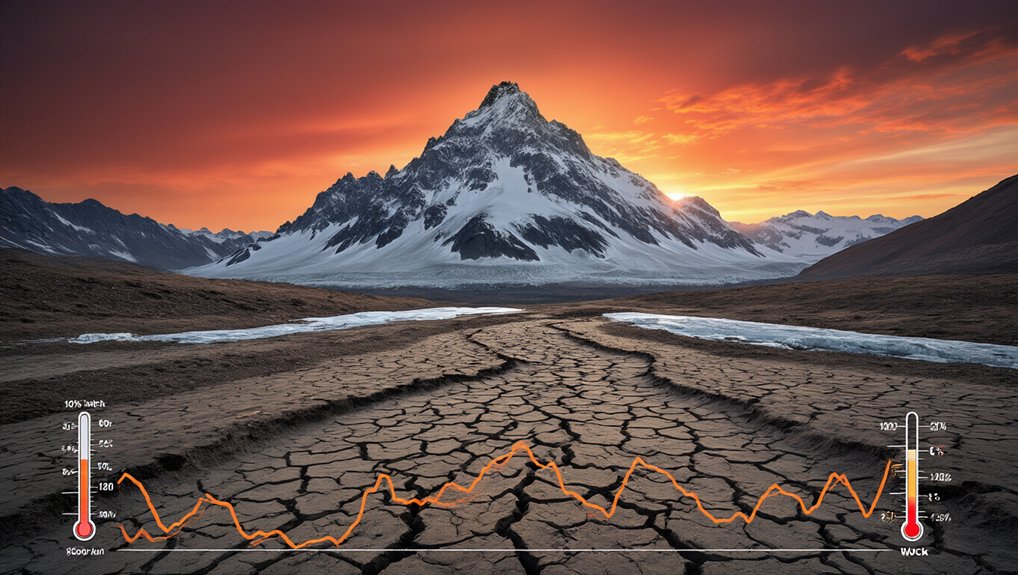Antarctic penguins are accidentally fighting climate change with their poop. Seriously. Scientists found that ammonia from penguin droppings creates clouds that could cool Antarctica. When 60,000 Adélie penguins do their business, ammonia levels spike 1,000 times higher than normal Antarctic air. The gas reacts with marine plankton fumes, forming tiny particles that water vapor clings to, making clouds. It’s nature’s weirdest chemistry experiment. The full story gets even stranger.
When Antarctic penguins poop, they’re accidentally fighting climate change. Scientists at the University of Helsinki discovered that penguin guano releases ammonia gas that helps form clouds, potentially cooling Antarctica’s surface temperatures. Talk about an unexpected climate hero.
The research team, led by atmospheric scientist Matthew Boyer, measured air quality near Marambio Station between January and March 2023. Just 8 kilometers away sat a massive colony of 60,000 Adélie penguins. When winds blew from the colony’s direction, ammonia levels spiked to 13.5 parts per billion. That’s over 1,000 times higher than normal Antarctic air, which typically contains less than 10.5 parts per trillion.
Here’s where it gets interesting. The ammonia doesn’t just stink up the place. It reacts with sulfurous gases from marine plankton, creating tiny aerosol particles. Water vapor then condenses on these particles, forming clouds. Researchers even noticed fog rolling in whenever ammonia levels peaked. Nature’s weirdest chemistry experiment, basically.
Penguin poop meets plankton gas, creating cloud-forming aerosols in Antarctica’s strangest chemistry experiment.
These penguin-powered clouds act like atmospheric sunglasses, reflecting sunlight and cooling the surface below. Given that Antarctica’s losing ice faster than ever, every bit of cooling helps. The penguins might be offsetting some damage to their own habitat. Even after they migrate away, their accumulated waste keeps pumping out ammonia. It’s like they left the air conditioning running.
The findings, published in Communications Earth & Environment, reveal how little we understood about penguins’ role in Antarctic climate. These birds aren’t just cute. They’re ecological powerhouses. Their nitrogen-rich droppings support entire communities of mosses, lichens, and invertebrates. Scientists have even used guano stains visible from space to discover new colonies. Boyer’s team emphasizes these unexpected environmental interactions demonstrate the complexity of natural climate processes.
Of course, penguin poop clouds won’t solve the climate crisis. Antarctica still faces massive challenges from human-driven warming and shrinking sea ice. But protecting bird colonies might offer one small, natural way to push back. Climate expert Ken Carslaw from the University of Leeds noted that these real-world measurements finally confirm laboratory results about guano’s atmospheric impact.
There’s a catch though. While clouds reflect sunlight, they might also trap heat against Antarctica’s already reflective ice surface.
Who knew that preserving penguin bathroom habits could matter for planetary health? Nature’s full of surprises.
References
- https://news.mongabay.com/short-article/2025/06/penguin-poop-helps-form-clouds-over-antarctica-potentially-cooling-it/
- https://www.science.org/content/article/penguin-poop-could-be-driving-antarctic-cloud-formation
- https://insideclimatenews.org/news/22052025/penguin-poop-could-preserve-antarctic-climate/
- https://phys.org/news/2025-05-penguin-guano-effects-climate-antarctica.html
- https://answersingenesis.org/environmental-science/climate-change/will-penguin-guano-save-planet/
